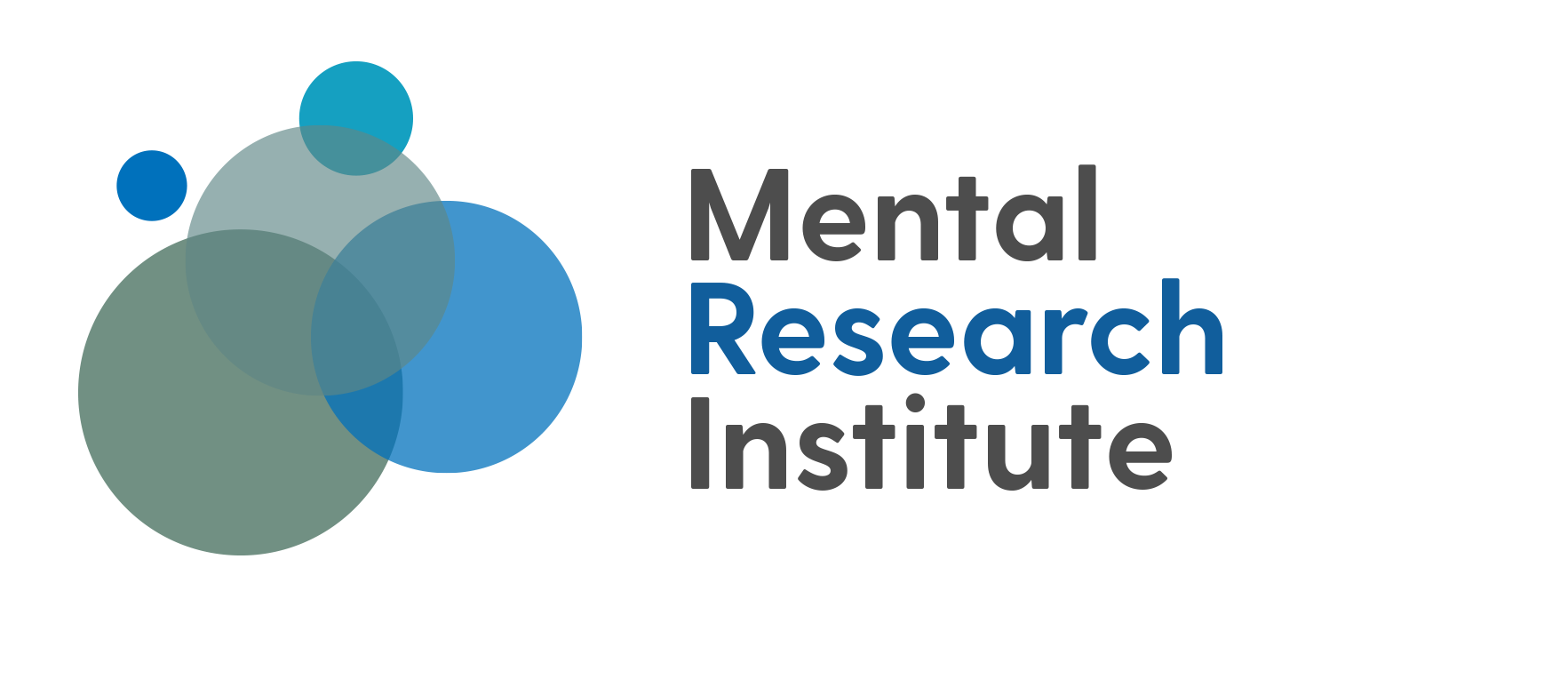Improving Human Relationships through Youth Mentors' Use of Emotion Coaching
A growing number of youth are experiencing mental health challenges linked to loneliness, disconnection, and difficulties in interpersonal relationships. Youth mentoring programs are uniquely positioned to combat this reality and have steadily worked to increase the number of caring adult-youth relationships.
Yet, mentoring training research lags. While most mentors are trained in strategies for building a positive connection, few mentors are specifically trained to meet youth’s emotional and mental health needs. Research is needed to determine the content, structure, effectiveness, and conditions by which mentors can be trained to positively impact youth mental health.
Dr. Lindsey Weiler, Associate Professor in the Department of Family Social Science at the University of Minnesota, using an MRI Grant, has taken a critical first step in this line of research by examining the extent to which it is feasible, acceptable, and useful to train mentors in emotion coaching. Emotion coaching is an accessible and impactful relational approach that fosters youth’s capacity to manage stress, emotions, and relationships. Research shows that adults engaged in emotion coaching can assist youth in improving their emotion regulation capacity (i.e., identifying emotions, modifying or tolerating emotions, practicing regulatory strategies, and evaluating success of those strategies), which is a transdiagnostic predictor of youth mental health. Youth who have access to emotion coaching are also more satisfied with life, show more empathy, are more socially adept, have less physiological stress, and have greater success in relationships than those who don’t.
Emotion Coaching consists of five related components: (1) being aware of youth’s emotions; (2) recognizing emotion as an opportunity for connection; (3) listening empathically and validating emotions; (4) helping youth differentiate emotions; and (5) supporting youth to problem solve strategies for regulation.
Dr. Weiler is collecting data from 50 mentors in the Campus Connections (CC) youth mentoring program, a 12-week, site-based youth mentoring program housed on a university campus. Mentors will complete three 20-minute surveys: at pre-program training (T1), immediately after pre-program training (T2), and 12 weeks post training (T3). Dr. Weiler and her team will also conduct two focus groups. CC Youth (ages 10-18) in need of a constructive and supportive community are referred from schools, social service agencies, and families.
Upon successful completion of this feasibility and acceptability study, they will have a tentative, manualized training plan and empirical evidence for the utility of training mentors in this approach. They will know and understand significant barriers to success in the program. Findings will inform refinement of the training manual and adaptations that need to be made for future iterations.
Youth are matched one-to-one with a mentor and each match is nested with a small group of other matches. Each week, youth engage in 4 hours of mentoring and semi-structured prosocial activities during Fall or Spring semester. Mentors are trained and actively supported by CC staff who are mental health providers and/or University faculty.
Participants will respond to items related to meta-emotion philosophy (i.e., acceptance of emotions), mentoring self-efficacy, mentoring relationship quality, emotion regulation, and emotion coaching. We will also measure program satisfaction and perceived feasibility, acceptability, appropriateness, and effectiveness. Specific measures, including information on psychometrics, are attached. Additionally, up to 16 mentors will be randomly selected to participate in a 90-minute virtual focus group at T3. To ensure a manageable group size, two groups of 8 will be formed. Mentors will be asked to reflect on their experiences of being trained in and using emotion coaching with their mentees. They will be asked to provide feedback on barriers and facilitators and perceived benefits. Focus group questions are attached.
This feasibility and acceptability study will generate a manualized training plan and empirical evidence for the utility of training mentors in this approach. Dr. Weiler will know and understand significant barriers and facilitators to mentors providing emotion coaching. Findings will inform refinement of the training manual and adaptations that need to be made for future iterations.
